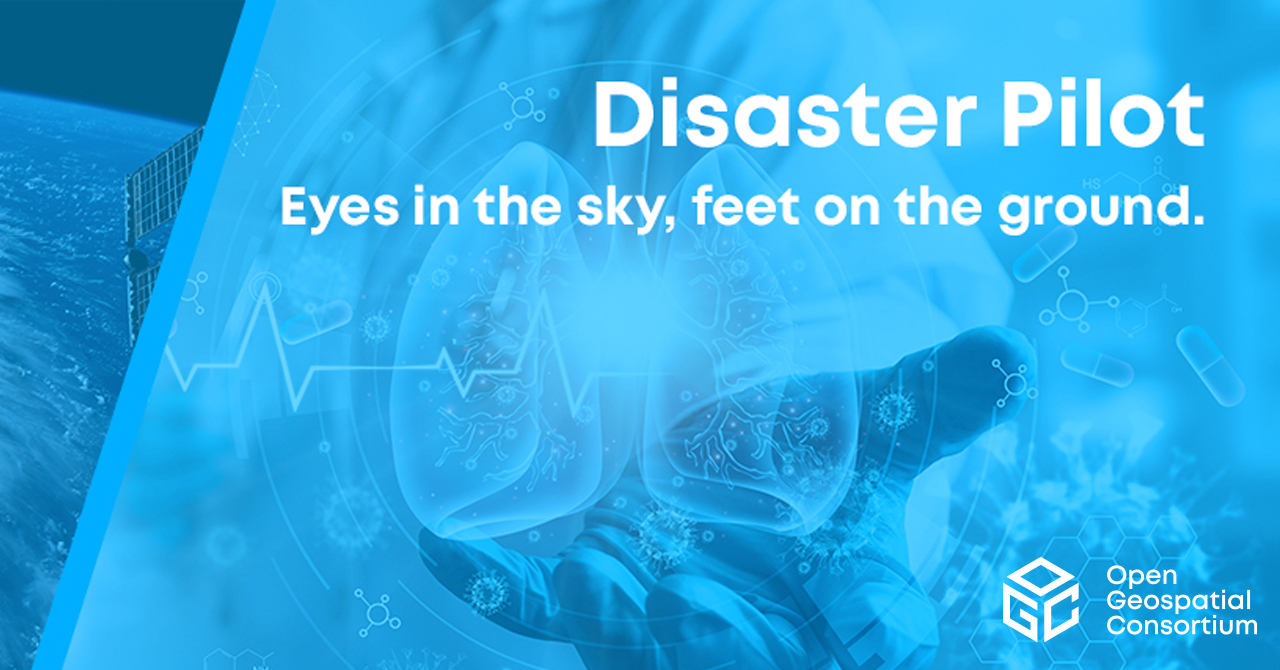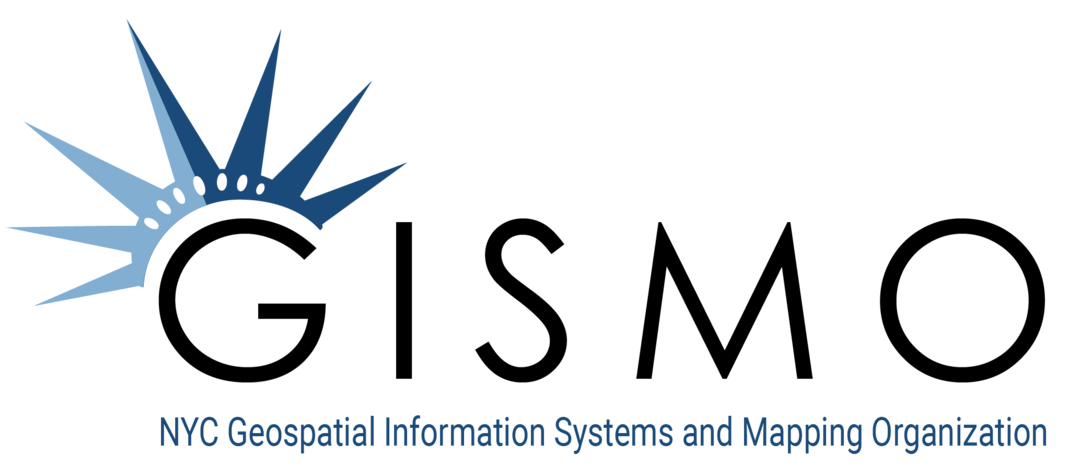Initiative Overview:
Earthquakes, hurricanes, forest fires or pandemics: Disasters with devastating effects on people and nature occur again and again. Climate change and global warming are exacerbating the problem and forcing us to act quickly.
For example, countries like the U.S. are working hard to modernize firefighting. In February 2023, the President’s Council of Advisors on Science and Technology recommended supporting the work of firefighters through the use of advanced technologies. The research community should be able to more easily access archived satellite data from the Department of Defense and other government sources to accelerate the improvement of AI tools to model the spread of wildfires.
Using new technologies to save lives – that’s where Disaster Pilot 2023 comes in. After all, we already have access to a wealth of Earth observation data – from space, measured by temperature, pressure or humidity sensors on the ground, reported by government agencies or collected by a volunteer’s cell phone. But how can we bring all this data together and make it useful?
Our vision is to use standards for sharing geospatial data along with web technologies and cloud computing. This will allow responsible stakeholders to collaborate no matter where they are, use relevant data no matter where it is stored, and manage any phase of a disaster at any scale, no matter where it threatens. OGC’s Disaster 2023 supports the UN’s global sustainable development goals of Agenda 2030, as well as the goals of the United Nations Office for Disaster Risk Reduction.
In a global, cloud-based disaster information ecosystem, awareness of threats, vulnerabilities, and impacts can be promoted and shared through the collaborative development of workflow concepts. Analyzable observational and predictive data must be integrated and transformed into concrete actions.
Providing the right people in the right place at the right time with the clues they need to take the right action is the only way to limit the impact of disasters. This is made possible by out-of-the-box indicator workflows that can be adapted to the situation. Besides technical aspects, effective organizational and personal collaboration, as well as social, economic, and political contexts, are equally important and need to be integrated into efficient disaster management and resilience systems.
In disaster management and response situations, physical analysis and synthesis networks have often proven effective in promoting critical knowledge sharing and establishing effective action plans. This makes it possible to make timely decisions and generate rapid feedback loops.
The pilot project included a series of workshops and other activities. They aimed to involve all stakeholders – sponsors, participants, practitioners, and other collaborators – in developing, exercising, and evaluating the technical capabilities to be tested in Disaster 2023.
At the same time, the project explored the extent to which approaches to physical synthesis center effectiveness can be replicated in a distributed environment. Virtual collaboration tools, which have recently become both necessary and highly effective, were used for this purpose.
What the “Disaster Pilot 2023” accomplished:
- Stakeholder collaboration on workflows between data and decisions.
- Readiness, resilience and timeliness of data collection and processing to support key disaster management decisions
- Flexible and scalable deployment of workflows and applications required to support disaster responders in their daily and up-to-the-minute tasks
- Publication and visualization tools to promote a broader understanding of the wide range of geographic and temporal scales at which coordinated disaster resilience actions are required.
The results of the Pilot are captured in a series of reports. In addition to the summarizing initiative Engineering Report, a trilogy of Guides was developed to improve knowledge and understanding of how geospatial data and tools could support disaster and emergency communities.
- The OGC Disaster Pilot 2023 Engineering Report summarizes technical work done in the Pilot to increase drought and wildfires awareness among various disaster management stakeholders. Pilot participants implemented components of a data flow ecosystem to leverage analysis-ready earth observations and other datasets (ARD) and produce decision-ready indicators (DRI) according to collaboratively developed workflow recipes. DP23 focused on the hazards of drought, wildfires, and floods, the interactions and complications among them, as well as climate change scenario effects on hydropower production, in regions of Canada, United States, and Italy. The Pilot also prototyped providing information to field practitioners in secure package formats and leveraging linked data and structured web page information to optimize public web searches for disaster information.
- The OGC Disaster Pilot Provider Guide describes the technical requirements, data structures, and operational standards required to implement the data flows or tools developed in the Disaster Pilot 2023 initiative and the Disaster Pilot 2021 initiative. Participants have worked on disaster scenarios relating to droughts, wildland fires, floods, landslides, and health & Earth observation data for pandemic response in these initiatives.
- The OGC Disaster Pilot User Guide is for first responders, emergency managers, decision-makers, and anyone interested in encouraging disaster and emergency communities to realize the value of geospatial data to save lives and limit damage.
- The OGC Disaster Pilot Decision Ready Operational Capacity Guide provides the local disaster and emergency management communities and the organizations within those with a set of incremental strategic actions describing how to achieve the operational capacity needed to establish effective and robust geospatial readiness for disaster scenarios. Implementing these actions, or as many as possible, ensures that when an incident occurs, steps can happen quickly, efficiently, and effectively in terms of geospatial response.
The summary report and all three guides are currently in the OGC release process and will be available soon.
Sponsoring Organizations
| GeoConnections – Natural Resources Canada |  |
US Geological Survey (USGS) |  |
| US National Aeronautics and Space Administration (NASA) |  |
Participating Organizations
Outcomes:
This Pilot produced the following publicly available documents:
OGC Disaster Pilot: Provider Readiness Guide
OGC Disaster Pilot: User Readiness Guide
These Readiness Guides provide a resource for members of the Emergency and Disaster Management community.
SWG and DWG communities can use the deliverables to help enhance and test the interoperability between OGC standards, including:
Please check back for further publications and updates.
Demonstration Day:
Thank you to our Sponsors and Participants for all of your hard work and progress in Disaster Pilot 2023. See the results and achievements of the Disaster Pilot by viewing our Demonstration Day recording here: https://www.youtube.com/watch?v=z3tP-UCAD3U
Demonstration Day Agenda:












